Israel / מְדִינַת יִשְׂרָאֵל / دَوْلَة إِسْرَائِيل – Let’s explore here
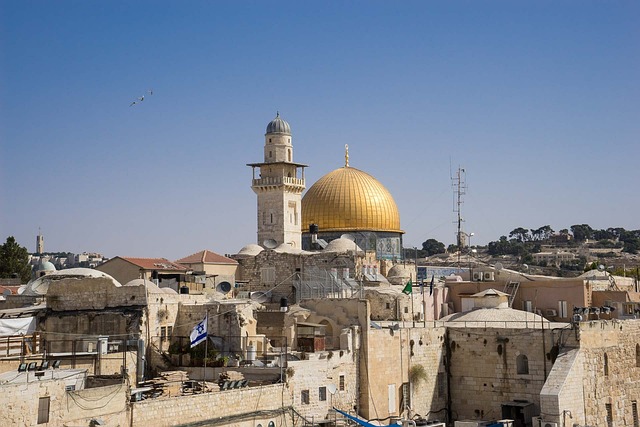
What’s it like in Israel?
Israel is a fascinating country in western Asia, on the west coast of the Mediterranean. It mostly consists of deserts, mountains and coastal plains. The highest point is Mount Meron, in the far north, close to the border with Lebanon, at 3,950 ft (1,204 m) above sea level. In the east, on the border with Jordan, lies the super-salty Dead Sea, the lowest land-based point on earth.
As one of the most important places for three major religions, Judaism, Islam and Christianity, it has a very long, rich and troubled history. Its neighbours include Lebanon, Syria, Jordan, Egypt and the Palestinian territories.
The population of Israel is around 10 million people (2024), about one in eight of whom live in the metropolitan area of the capital, Jerusalem.
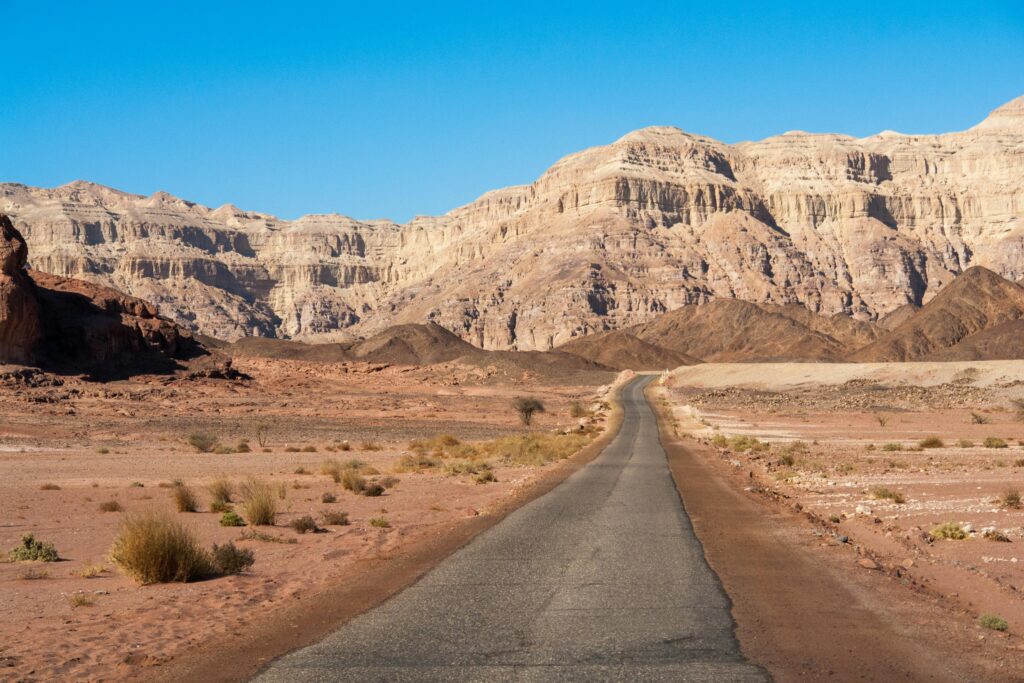
A bit about the history of Israel
Ancient History and Biblical Times
The history of Israel dates back to ancient times, with its roots in the Hebrew Bible, where the region is described as the Promised Land of the Israelites. According to the Bible, the Israelites were descended from the patriarchs Abraham, Isaac, and Jacob, with the Kingdom of Israel established around 1000 BC. King David united the twelve tribes of Israel and established Jerusalem as the capital. His son, King Solomon, built the First Temple in Jerusalem, which became the central place of worship for the Jewish people. The kingdom later split into two: Israel in the north and Judah in the south. Both were eventually conquered, Israel by the Assyrians in 722 BC and Judah by the Babylonians in 586 BC.
Persian, Greek, and Roman Rule
After the fall of the Babylonian Empire, the region was ruled by the Persians, who allowed the Jewish people to return and rebuild the Temple in Jerusalem. Following the conquest of Alexander the Great, the region became part of the Hellenistic world. Under the rule of the Seleucid Empire, tensions between Greek culture and Jewish traditions led to the Maccabean Revolt in the 2nd century BC, which resulted in the establishment of the Hasmonean Kingdom. Eventually, the Romans took control of the region in 63 BC. In 70 AD, the Romans destroyed the Second Temple in Jerusalem after a Jewish revolt, marking a significant moment in Jewish history.
Islamic and Crusader Rule
Following the Roman period, the region was conquered by various empires, including the Islamic Caliphates, which ruled the area from the 7th century onwards. Jerusalem became a major religious center for Muslims, Christians and Jews. In the 11th century, European Crusaders captured Jerusalem, but the region eventually fell under Islamic control again in 1187. The Ottoman Empire gained control of the region in 1517, maintaining rule over it for four centuries until World War I.
British Mandate and Zionist Movement
After World War I and the defeat of the Ottoman Empire, the League of Nations granted Britain a mandate over Palestine in 1920. During this period, tensions rose between Jewish and Arab communities, particularly with the rise of the Zionist movement, which advocated for the establishment of a Jewish homeland in Palestine. Jewish immigration increased, especially as Jews fled persecution in Europe, including the Holocaust during World War II. Arab opposition to the Jewish presence also grew, leading to frequent violence between the two groups.
Establishment of Israel and the Arab-Israeli Conflict
In 1947, the United Nations voted to partition Palestine into separate Jewish and Arab states. While the Jewish community accepted the plan, Arab nations rejected it. On May 14, 1948, the State of Israel was declared, leading to the first Arab-Israeli war. Neighbouring Arab countries, including Egypt, Jordan and Iraq, invaded Israel, but the new state successfully defended itself and gained additional territory. The war resulted in a large number of Palestinian refugees, an issue that continues to be a central point of contention.
Subsequent Conflicts and Peace Efforts
Following the 1948 war, Israel fought several other wars with its Arab neighbors, including the 1956 Suez Crisis, the 1967 Six-Day War, and the 1973 Yom Kippur War. In the 1967 Six-Day War, Israel captured the West Bank, Gaza Strip, East Jerusalem, the Sinai Peninsula, and the Golan Heights. The ongoing Israeli-Palestinian conflict over territorial disputes, refugee rights and political autonomy continued throughout the 20th century.
In 1979, Israel and Egypt signed the Camp David Accords, leading to a peace treaty and the return of the Sinai Peninsula to Egypt. In the 1990s, Israel and the Palestinian Liberation Organization (PLO) entered peace negotiations, resulting in the Oslo Accords, which established the Palestinian Authority and aimed for a two-state solution. However, peace efforts have largely stalled due to disagreements over key issues like the status of Jerusalem, borders, and the right of return for Palestinian refugees.
Modern Israel
In the 21st century, Israel continues to face significant challenges, including its relationship with the Palestinian territories, security concerns and regional dynamics in the Middle East. Israel remains in control of Jerusalem, which it considers its capital, while Palestinians seek East Jerusalem as the capital of a future Palestinian state. The Israeli government has continued to build settlements in the West Bank, a controversial issue that has been a source of tension both domestically and internationally.
Israel also faces a complex relationship with neighbouring countries, including periodic military confrontations with Hezbollah in Lebanon and the ongoing rivalry with Iran. The country has formed diplomatic ties with several Arab nations, such as the United Arab Emirates, Bahrain and Sudan, through the 2020 Abraham Accords.
Domestically, Israel remains a democracy with a diverse population, including Jewish, Arab and other minority groups. Its economy is highly developed, particularly in technology and innovation. However, social divisions persist between secular and religious communities, as well as between Jewish and Arab citizens. Israel continues to navigate its place in the Middle East, striving for security, economic prosperity and resolution to the Israeli-Palestinian conflict.
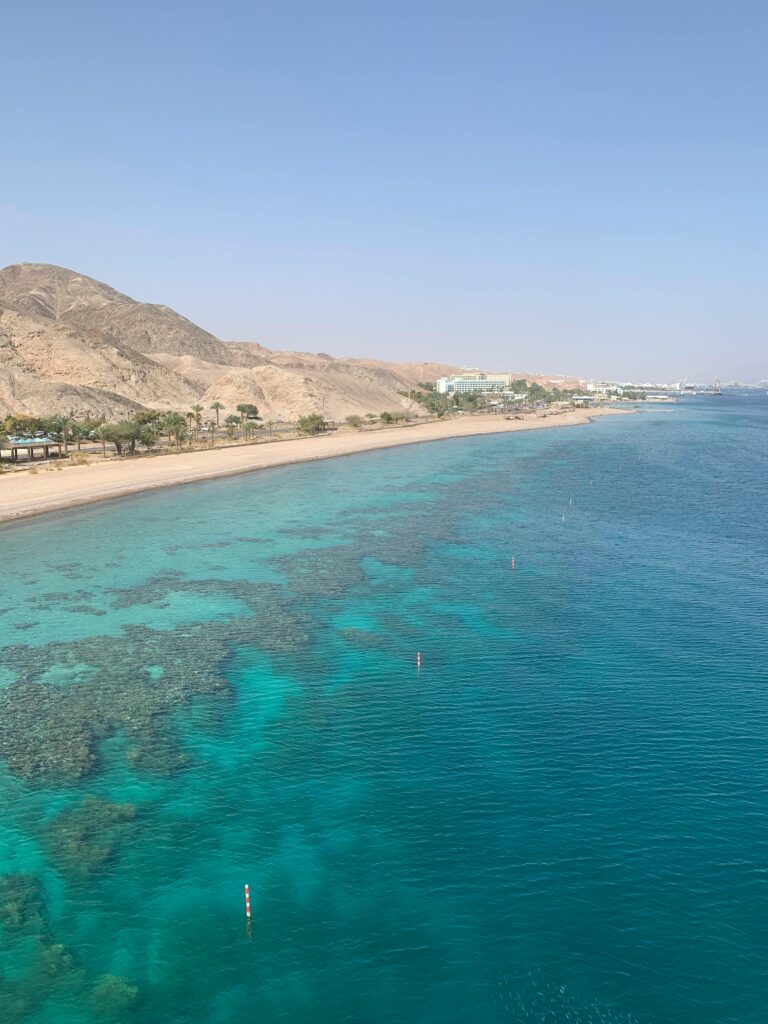

Israel road trip
On our last Israeli road trip we travelled in and out of the country, visiting its neighbours Lebanon, Jordan, Saudi Arabia and Egypt. Our main route took us from Tel Aviv, north to the Sea of Galilee, up to the Lebanese border. After returning to Israel we then travelled down to the capital, Jerusalem, the ancient cities of Nazareth, Jericho, Bethlehem, Masada as well as the Dead Sea, before staying in Eilat on the Red Sea coast. After returning to Israel again, we moved north, taking in many more amazing ancient places including Be’er Sheva, Hebron and Haifa.
Map of our road trip through Israel
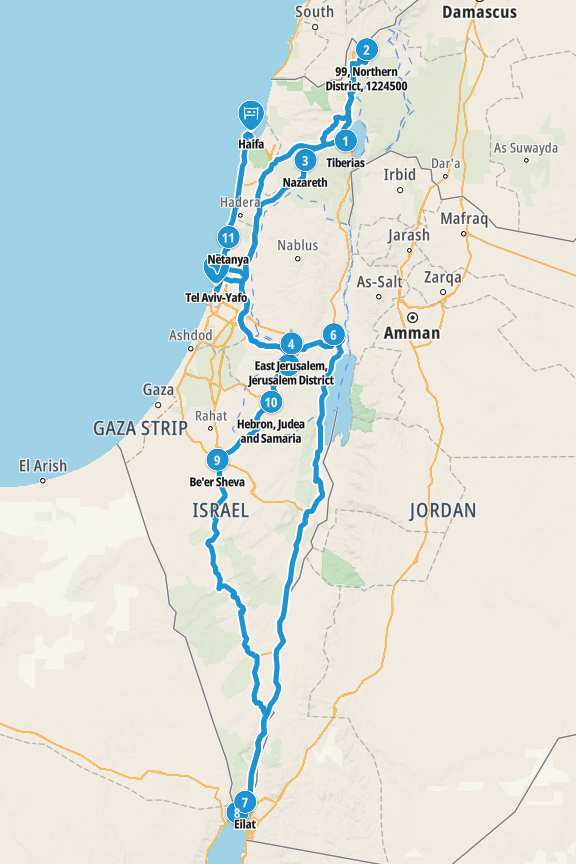
This is a map of our road trip through Israel. Our journey took us from Tel Aviv – Tiberias – Kiryat Shmona – Nazareth – Jerusalem – Bethlehem – Jericho – Dead Sea – Masada – Eilat – Taba – Be’er Sheva – Hebron – Netanya – Haifa
What’s it like to drive in Israel?
They drive on the right hand side of the road in Israel. Driving there is a leisurely affair in the main, and most drivers are not aggressive. There are police and military stops periodically at points of entry and exit to disputed areas or those experiencing periodic high tension. Both the police and the military are however very genial.
In the main road conditions in Israel are quite good, although there are some unsurfaced dirt tracks. Driving standards in Israel are also quite good.
Do you require an international driving permit in Israel?
We’ve created a dedicated page to driving abroad, which answers this question, and more, which you might find helpful.
Can you use your UK driving license when driving through Israel?
We’ve created a dedicated page to driving abroad, which answers this question, and more, which you might find helpful.
Do I need a carnet de passages to drive in Israel?
We’ve created a dedicated page to driving abroad, which answers this question, and more, which you might find helpful.
Ferries to and from Israel
You can also travel by ferry from Ashdod or Haifa to Cyprus and Greece.
What currency do they use in Israel?
In Israel they use the Israeli shekel. Cash is widely used. The use of credit / debit cards is widely accepted. Travellers cheques are readily accepted. There are many ATMs in cities and towns throughout the country.
You should make yourself aware of the amount that your bank charges you for using credit and debit cards abroad. Often credit cards are cheaper for purchasing items directly, and for withdrawing cash from ATMs.
What language do they speak in Israel?
They speak Hebrew in Israel. Arabic, English and Russian are also widely spoken.
What time zone is Israel in?
Remember, when you’re planning your next trip to take a look at what time zone it’s in.
Do I need a visa to visit Israel?
We’ve created a dedicated, more comprehensive page on visas, which you should find helpful. Check it out!
Is wild camping legal in Israel?
Yes, wild camping is fine in Israel.
What plug / socket type do they use in Israel?
In Israel they use plug / socket types C and H.

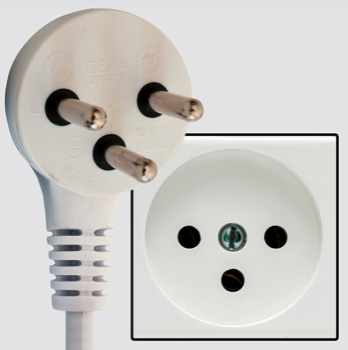
Health issues in Israel
Is it safe to drink water in Israel?
Yes, it is safe to drink tap water in Israel. Bottled water is also readily available throughout the country.
What vaccinations are required for Israel?
This NHS website is kept up to date with all relevant information on vaccinations in Israel.
Phones in Israel
What is the country calling code for Israel?
The country calling code for Israel is +972
What are the emergency phone numbers in Israel?
- The emergency number for police in Israel is: 100
- In Israel, the emergency number for ambulance is: 101
- The emergency number for fire in Israel is: 102
If you’ve got some useful info that you’d like to share, let us know!
And don’t forget to check out all the other pictures!
